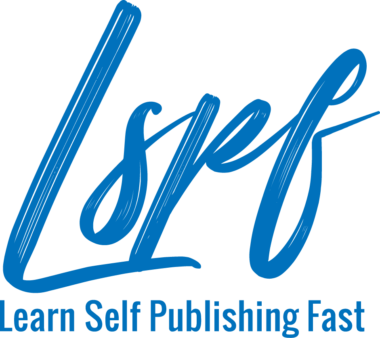The publishing industry is saturated with writers and Amazon is packed with new books, but there are plenty of hungry readers. The question is how to reach them? What is the best approach for a self-pubbing author to take to get seen in this brave new world where anyone with a dream and the determination can write (and publish) a book? Lots of authors are still making money self-publishing novels, so what is their secret?
We get tons of conflicting information from industry experts about two particular strategies. One is focused on creating as much new content as quickly as possible for as long as possible. I like to think of this as a bunch of sprints wrapped up in a marathon. Because you can’t *only* produce one book in 6 weeks and find success. In order to reap the rewards of this strategy, you have to Write, Publish, Repeat as Sean Platt and Johnny B. Truant remind us. Lots of sprints rolled up into one career-length marathon. Liliana Hart talks about this model. Liliana coined the phrase”5 down, 1 in the hole” for the concept of dropping five books at once with another in the pipeline and ready to publish within in 30-60 days of those first five books going live. Hugh Howey blogged about it here.
There is, of course, controversy around this method. Some say it’s crazy to hold on to completed works while you write all five. Some say that the impact you’ll have on algorithms makes up for that delay with increased sales of all 5 titles. It’s sort of like creating an instant backlist. Other writers, like Chris Fox, author of the Write Faster, Write Smarter series, also believe that writing fast is a critical element to your success.
Can you write fast? Maybe this method is for you. But is being fast enough to get you across the finish line? I’ll get back to you on that in a second.
What if you are a slower writer? Well, you can do some things to speed up your process, like word sprints, censoring your inner editor, having a solid plot before you begin, etc. But what if after all those improvements, you still can’t write fast? Well, according to some, like Nick Stephenson, being successful in publishing is not about delivering new content at a faster and faster pace. He suggests that having a solid marketing strategy in place is a better plan. After all, he says if you continue to release titles into a black void, nobody will see them. Instead, he advocates for being smarter about capturing internet traffic by giving out “reader magnets” (such as a prequel short story or other bit of fun swag that your ideal reader would love) in order to get your ideal reader on your mailing list. Of course, what he’s talking about is building your author platform and then building a relationship with your reader that isn’t based on sleazy sales technique, but being able to hold on to them because they like your writing. Imagine that?! This is a solid plan, also.
I’m going to argue, though, that in this world of writers producing 4-6 (sometimes more) books every single year, a new author on the self-pub scene is going to need produce some content. Quite a lot of content, actually. So writing fast is important.
Yet another caveat, though. Producing all the content in the world without a successful system to capture (and hold on to) your readers will not help either. So spending time building an audience is also important.
So where does that leave writers trying to make a living as a self-published author? Where should you spend your time?
In my estimation, the best strategy is to do some of both.
What you should do:
- Start solidifying your author platform by creating a newsletter, reaching out to readers, giving them something of value, and engaging with them in an authentic way. Continue to build that list. Be purposeful about it.
- Pick a genre, if you haven’t already, that looks like it 1) would be fun to write and that you enjoy reading and 2) might have a void or room for your book (preferably a series) to thrive. Write that series, as quickly as possible, making sure not to sacrifice quality in any category (editing, cover design, excellent craft) and publish it as close together as humanly possible.
When you launch that series into a market that is hungry for your story to an audience that already LOVES your work, magic happens.



Comments